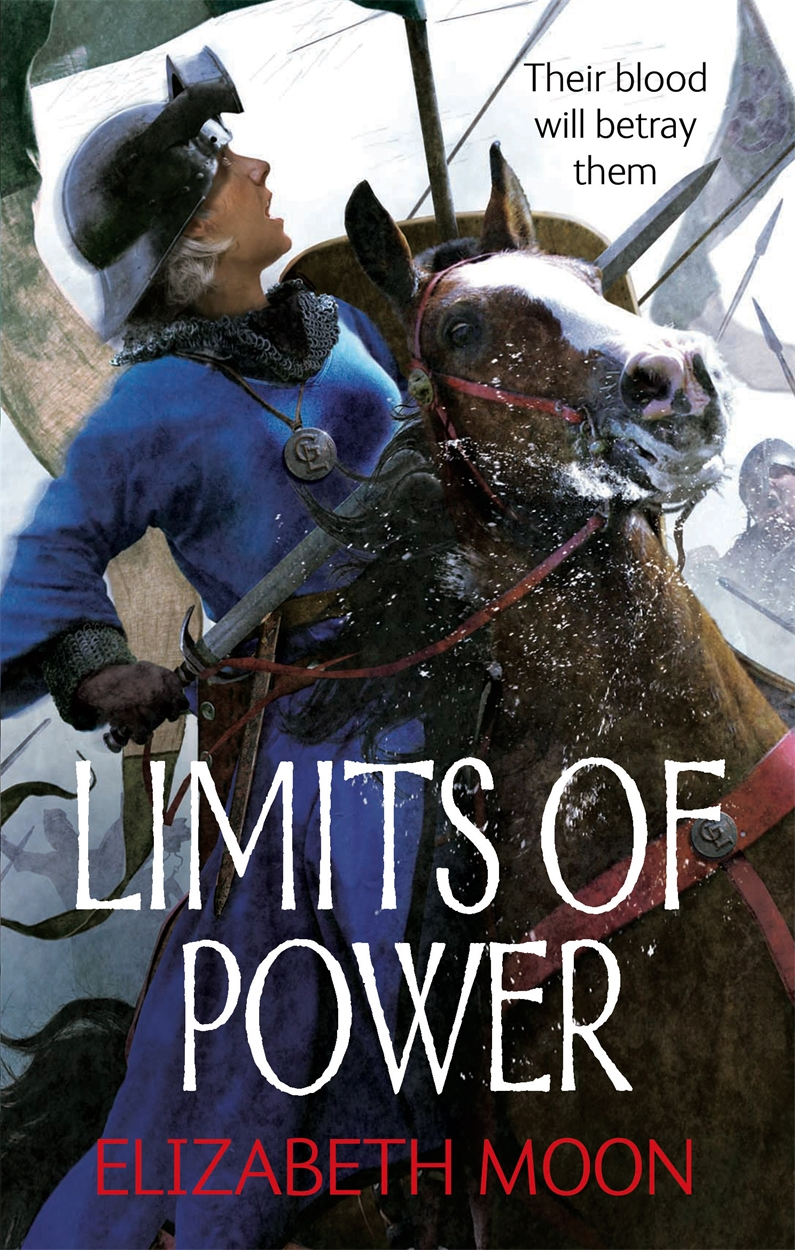Elizabeth Moon on Grit vs. Glory in Fantasy Writing
By Elizabeth Moon
When my first novel came out in 1988, SHEEPFARMER’S DAUGHTER (UK|ANZ), some readers commented favorably on its “gritty reality.” People died in war, some gruesomely (one of a suppurating gut wound, a baby accidentally trampled, civilians made an example of by one or another mercenary force), and that included characters readers identified with as well as those they didn’t. Later in that group of books, the protagonist suffered more wounds, unjust and cruel reactions as an aftermath of “treatment” for mental invasion, and torture. Some readers were horrified that a woman would write such graphic violence; others admired an honest appraisal of the costs of both war and heroism.
 Yet the point of the story was not that war is hell, that people are capable of cruelty, that violence has unexpected costs that land unfairly on the innocent. That’s common knowledge. The point of the story was how people – as characters – deal with this reality. How some become bitter, angry, resentful, and willingly participate in the cruelty. How others do not, and instead work against the cruelty – sometimes violently and sometimes by choosing to stand with victims, without resisting.
Yet the point of the story was not that war is hell, that people are capable of cruelty, that violence has unexpected costs that land unfairly on the innocent. That’s common knowledge. The point of the story was how people – as characters – deal with this reality. How some become bitter, angry, resentful, and willingly participate in the cruelty. How others do not, and instead work against the cruelty – sometimes violently and sometimes by choosing to stand with victims, without resisting.
 Gritty reality has been associated, in some other writers’ works, with a determination to deny the possibility of glory – of redemption, of steadfast adherence to good, of achievement. Some even seem to believe that the good are just stupid, too stupid to realize that you have to be bad to survive. That’s not my perspective. I’ve known too many good people who were also intelligent and street-smart, surviving well without knifing everyone else in the back. I’ve known too many other people who used the “good = stupid” argument to defend their own cowardice and complicity in evil.
Gritty reality has been associated, in some other writers’ works, with a determination to deny the possibility of glory – of redemption, of steadfast adherence to good, of achievement. Some even seem to believe that the good are just stupid, too stupid to realize that you have to be bad to survive. That’s not my perspective. I’ve known too many good people who were also intelligent and street-smart, surviving well without knifing everyone else in the back. I’ve known too many other people who used the “good = stupid” argument to defend their own cowardice and complicity in evil.
 Does good win easily? Of course not. Does good always win? Of course not. Does one battle win a war, or one war win anything forever? Of course not. But I stand on the side of those who think that good can win . . . if. If what? If those trying to make things better don’t give up, don’t sell out, don’t lose hope that their efforts are worthwhile. If they learn enough about themselves to recognize where they are part of the problem . . . and then have the courage and will to change. LIMITS OF POWER (UK|ANZ) is part of a series that challenges adults – not kids becoming adults – to change repeatedly, to become more than they were. (more…)
Does good win easily? Of course not. Does good always win? Of course not. Does one battle win a war, or one war win anything forever? Of course not. But I stand on the side of those who think that good can win . . . if. If what? If those trying to make things better don’t give up, don’t sell out, don’t lose hope that their efforts are worthwhile. If they learn enough about themselves to recognize where they are part of the problem . . . and then have the courage and will to change. LIMITS OF POWER (UK|ANZ) is part of a series that challenges adults – not kids becoming adults – to change repeatedly, to become more than they were. (more…)
